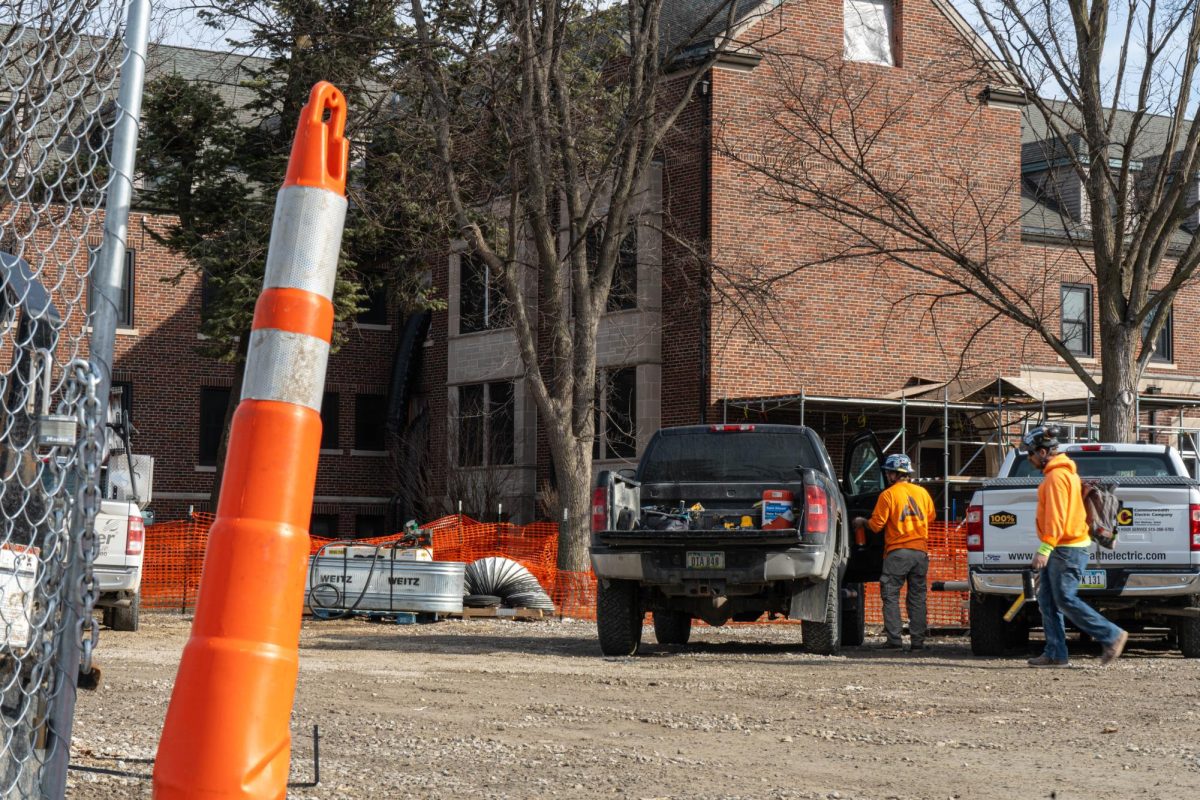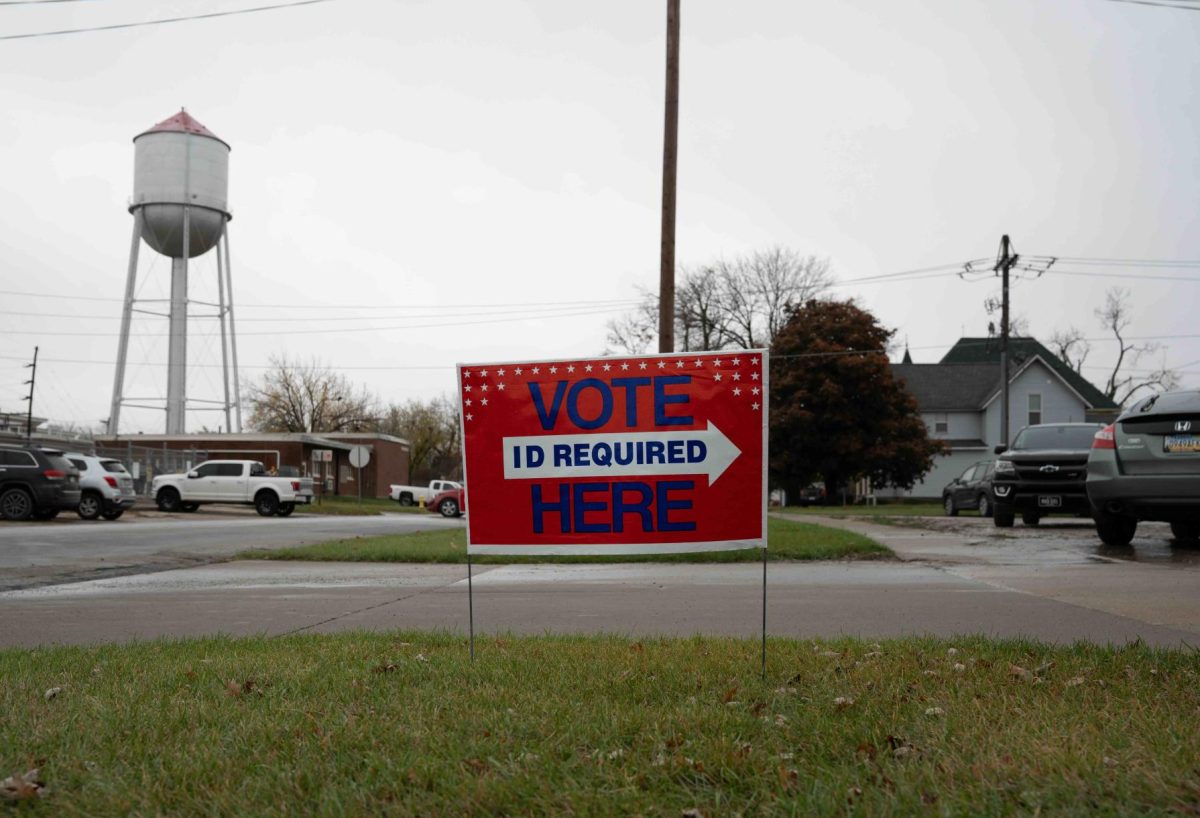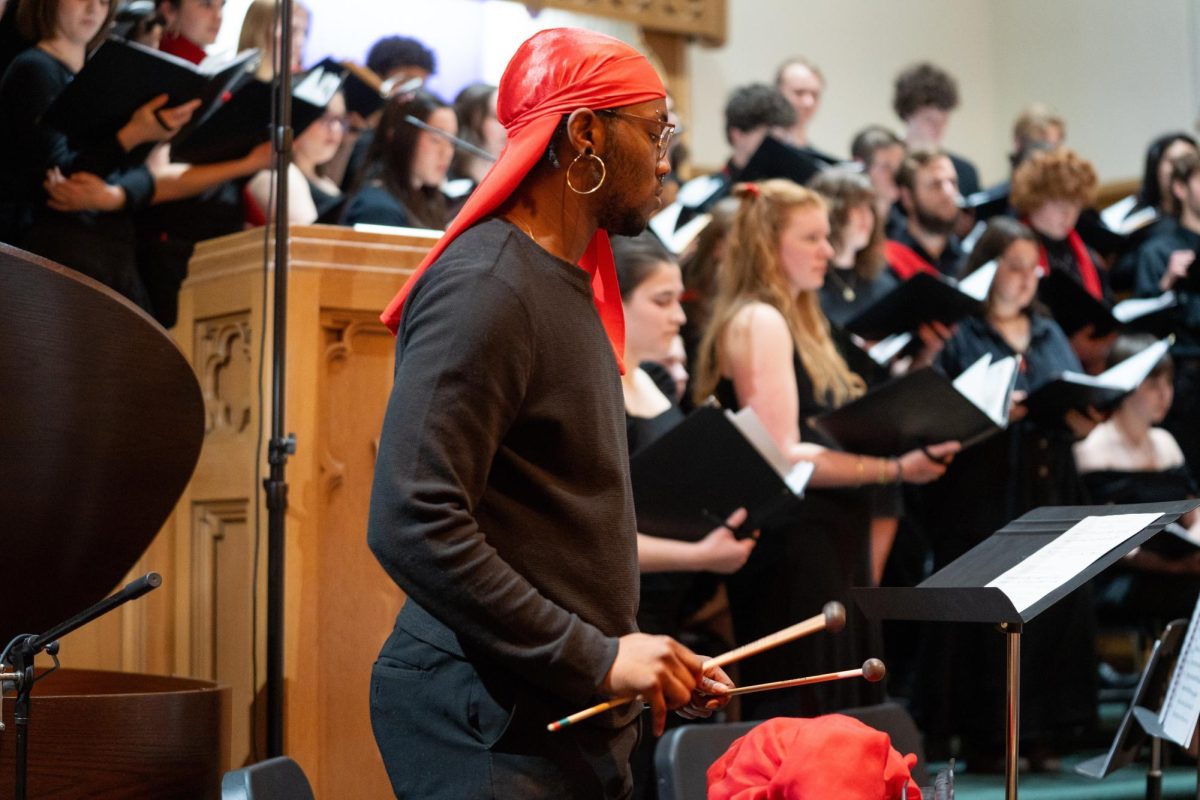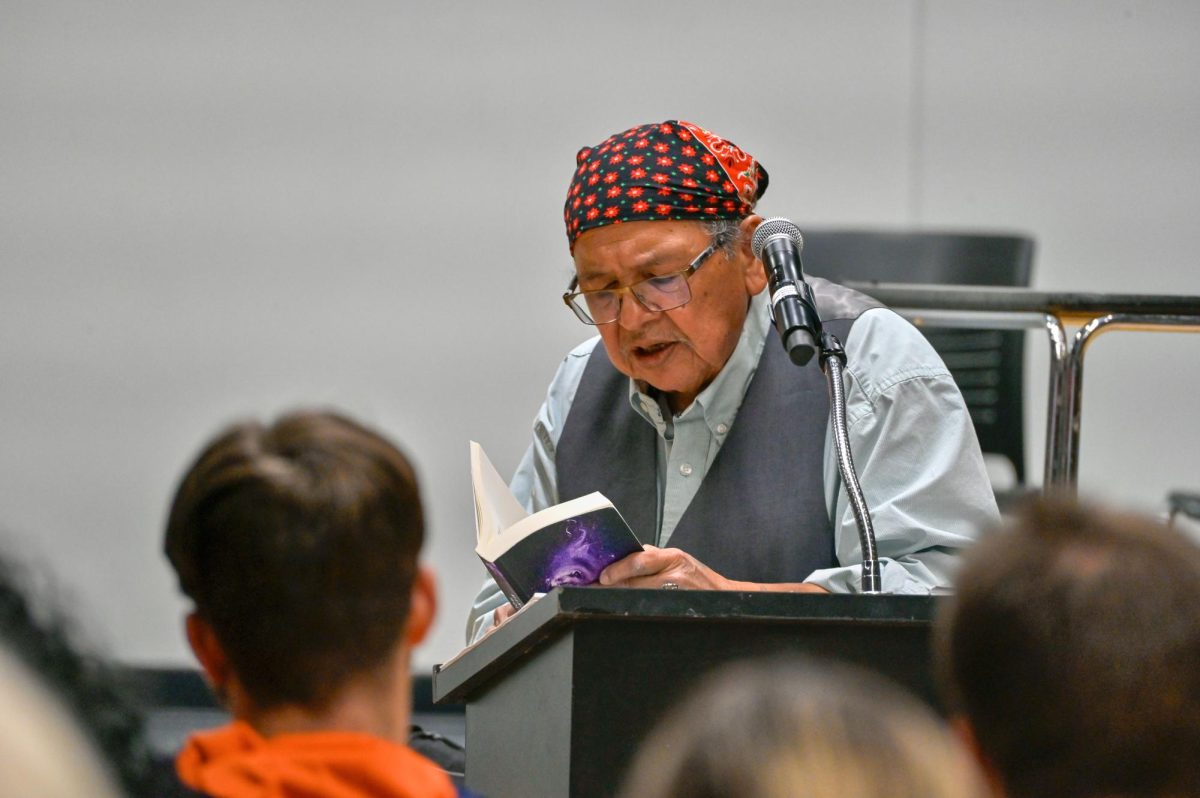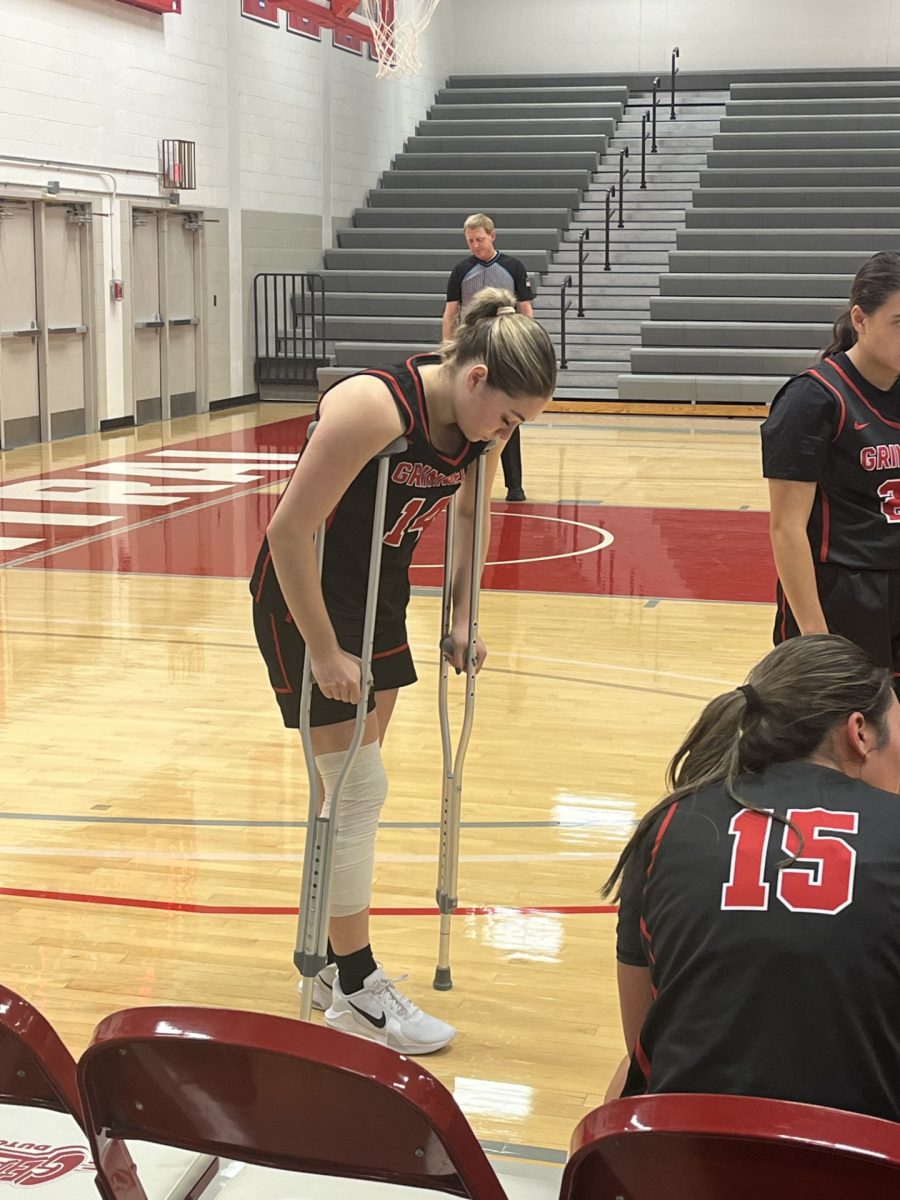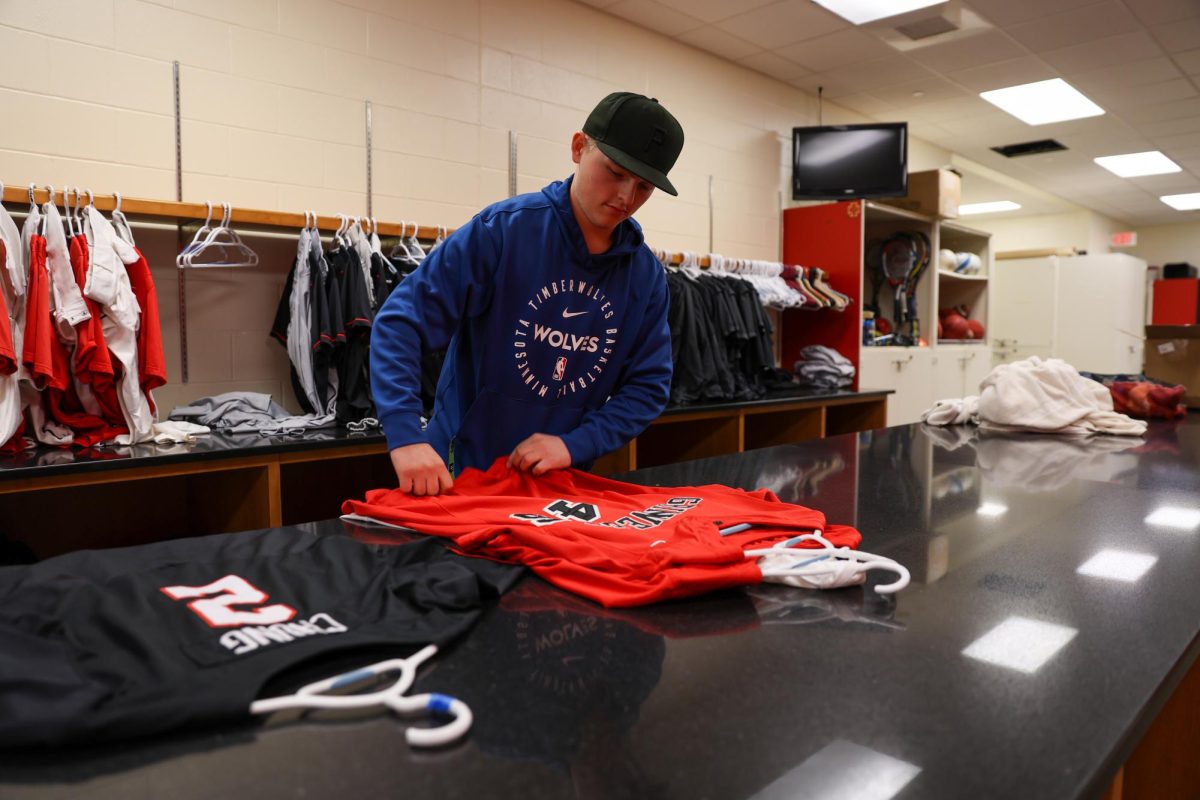Republican candidates dominate Iowa Midterms
November 14, 2022
A red wave swept across Iowa this past Tuesday, Nov. 8 as voters across the state cast their ballots in a series of influential midterm elections. The Republican Party in Iowa saw their candidates win in every major election in the state. As polls closed on Tuesday night, the wait for results was a tense one with many races finishing extremely close.
incumbent Charles E. Grassley, who has held office in the U.S. Senate since 1981, successfully defended his seat against Democrat Michael Franken. Grassley accrued 56% of total votes compared to Franken’s 44%.
Grassley’s bid for the seat ended with him finishing ahead of what several polls estimated to be his closest run for election since his first race in 1980. Although Grassley performed better than expected, this year’s race was still his closest since his first bid for Senate, surpassing the 2016 election, where he won against the Democratic candidate, Patty Judge, by a margin of 24%.
Kim Reynolds, Iowa’s incumbent Republican governor, was also up for reelection for her second term, with Democrat Deidre DeJear on the ballot as her competitor. Reynolds pulled comfortably ahead in the polls, ending the race with a total vote share of 58 to DeJear’s 40.
All four of Iowa’s congressional districts were taken by Republicans. In Districts 1, 2 and 4, Republican candidates, who were all the incumbents of their respective districts, won their races with at least a 6 percentage point margin or above.
Randy Feenstra, who ran in District 4, had the greatest lead out of all his fellow Iowan candidates in the GOP — he won 67% of total votes while Democrat Ryan Melton secured 30%. Bryan Jack Holder, a third-party candidate in District 4, was able to make a small dent in the race’s outcome, taking 2% of the total votes. Holder was the only third-party candidate to gain any vote share in the major state elections.
Republican Mariannette Miller-Meeks won over Democrat Christina Bohannan in District 1, and Republican Ashley Hinson won over Democrat Liz Mathis in District 2, which includes Poweshiek County.
Iowa District 3’s House race did not have as clear of an outcome — the race between incumbent Democrat Cindy Axne and Republican Zach Nunn was so close it was not officially called until Wednesday, Nov. 9. In the early afternoon, the Associated Press formally announced that Nunn narrowly beat Axne, making District 3 the only flipped congressional seat in Iowa.
At the time the race was called, the difference between Nunn and Axne’s total votes was only a little over 2,000. Nunn’s victory gained the Republican Party a new seat in the House of Representatives.
At the state level, Grinnell’s own Sam Cox, a Democrat, lost her race for Iowa Senate District 27 to incumbent Republican Annette Sweeney. Sweeney currently is a state senator in Senate District 25 — due to recent redistricting, she will move to represent District 27. Sweeney received 67% of the vote share.
Democrat Sarah Smith, another candidate from Grinnell and the director of outreach programs and events at Grinnell College, also lost her race running for House District 53 to Republican incumbent Dean Fisher.
Along with electing representatives, Iowans voted on a ballot initiative to add the right to keep and bear arms to the Iowa State Constitution. It would also require strict scrutiny of any alleged attempt to violate this right brought to a court. Iowans heavily supported this ballot initiative, with 65% voting in favor of it.
The majority of counties supported Republicans in the elections at every level although a few trended blue. Polk County, which encompasses Des Moines, Story County, Linn County and Johnson County all favored the Democratic candidate in both the Senate and Gubernatorial elections. Black Hawk County also favored Democrat Franken for Senate. In the House election, however, all districts voted red.
All results for the 2022 Elections were taken from weareiowa.com.

